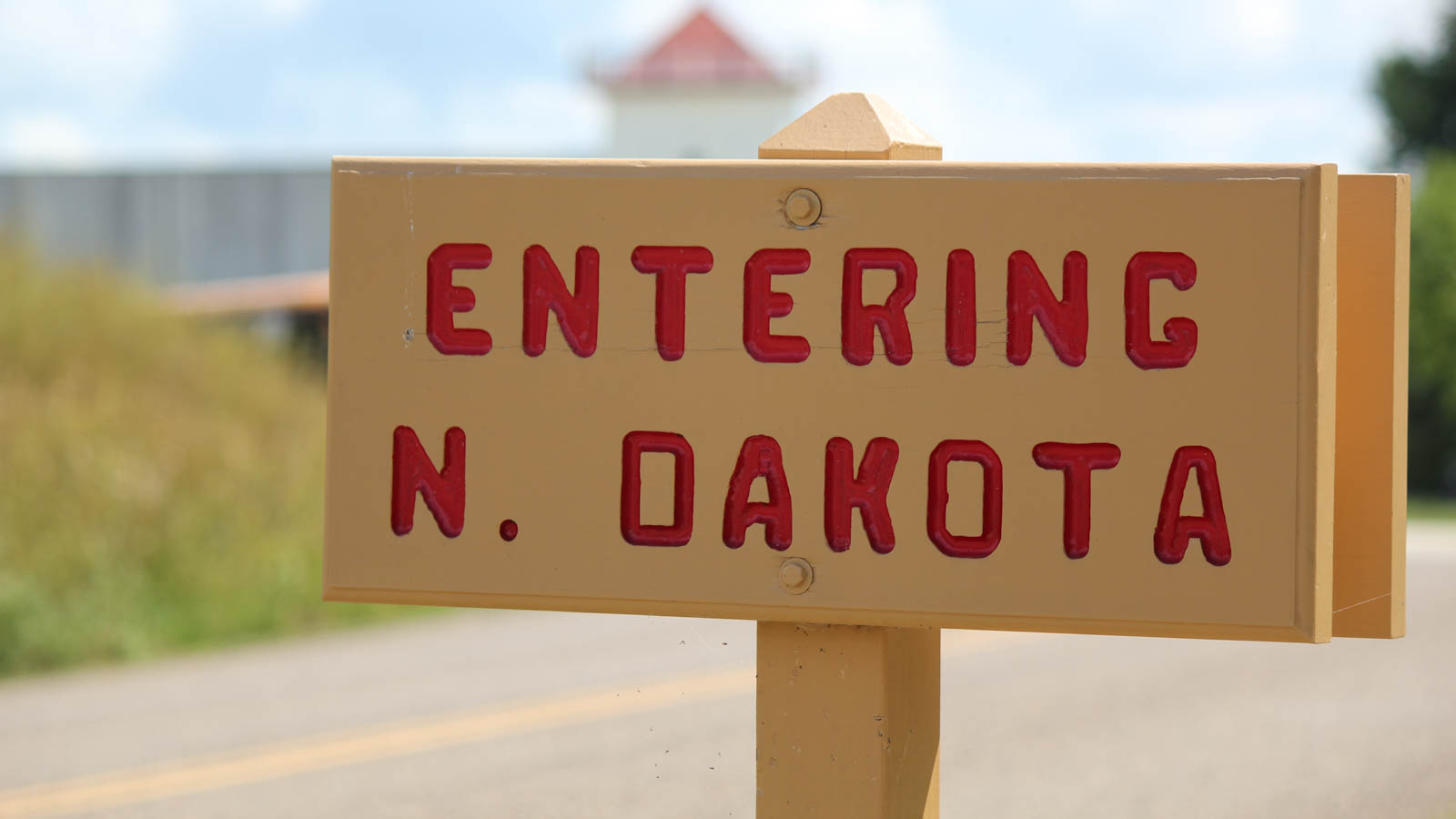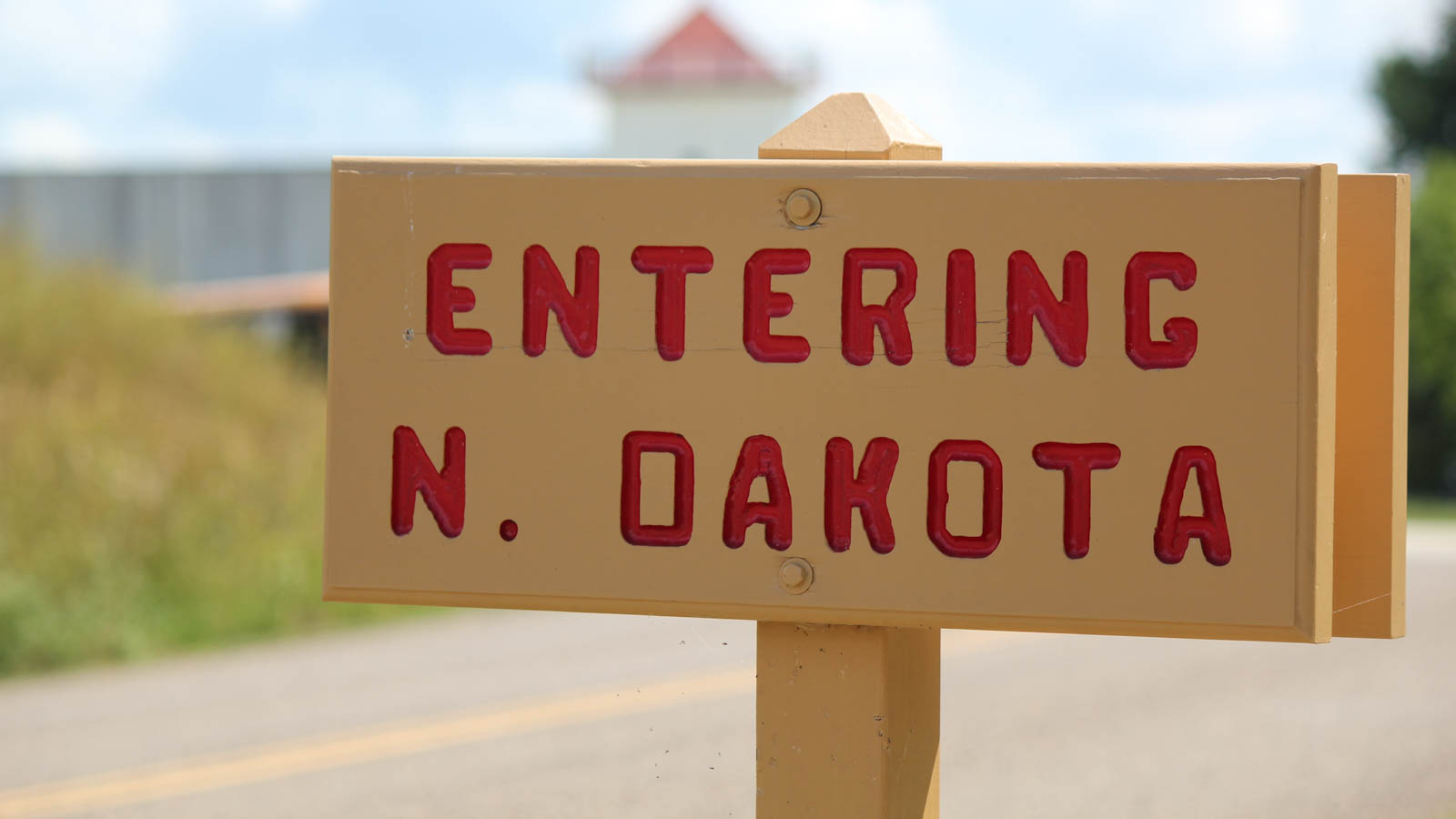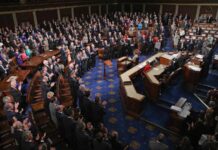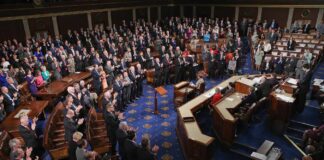
Legislation aimed at increasing the number of North Dakota residents who can legally use medical marijuana and making it easier for patients to get the necessary credentials for the drug moved closer to reality March 22, 2019, with overwhelming Senate approval.
Getting required authorization from doctors and advanced practice registered nurses has been difficult for many patients who want to apply for a state medical marijuana card. The medical community has cited several concerns, including that marijuana is still technically illegal under federal law.
Senators voted 43-0 in favor of removing a requirement in state law that health professionals who certify a patient attest that medical marijuana will actually help that person.
“That particular language, because of the lack of medical research, has created a barrier for some providers,” said Democratic state Sen. Kathy Hogan.
The change would require providers to certify only that a patient has a qualifying medical condition under state law. The bill also would enable military veterans under the care of the Department of Veterans Affairs to use their VA medical records in place of a doctor or nurse certification, since federally employed VA providers would be breaking federal law by certifying a patient.
The change would require providers to certify only that a patient has a qualifying medical condition under state law. Click To Tweet
The House earlier approved a similar bill. The chamber also voted in favor of expanding the number of qualifying medical conditions from 17 to 30, but the Senate version passed March 22 on a 42-1 vote would increase the number only to 21.
Senators felt many of the House-approved additions fell under other already-approved conditions such as “severe and persistent muscle spasms,” said Republican state Sen. Kristin Roers.
“We feel these modest changes (in the Senate bill) will help improve access without too much expansion,” Roers said.
Both versions of the bill include a study of possible future additions or deletions, and they both add autism spectrum disorders as qualifying under the law. Existing law also includes terminal illnesses.
Senators also approved adding physician assistants to the list of medical professionals who can certify patients. They did not immediately vote on a bill previously passed by the House that would add edibles as a seventh legal form of the drug.
The legislative updates to state medical marijuana law are not yet final. The House must concur with Senate changes on most bills, and Republican Gov. Doug Burgum must also still sign them into law.
Burgum’s spokesperson Mike Nowatzki said the governor supports legalized medical marijuana in general but has not taken a position on any of the specific bills.
North Dakota voters approved medical marijuana in November 2016. The Legislature the following year crafted regulations for the drug’s use, and the Health Department began setting up a system. Patients began applying for state cards in October 2018. An initiative to legalize recreational marijuana, however, was voted down Nov. 6, 2018.
North Dakota’s first medical marijuana dispensary opened March 1, 2019, in Fargo. Dispensaries should be operating in the state’s other seven major cities by fall, according to Jason Wahl, director of the state’s Medical Marijuana Division. A state-approved facility in the capital, Bismarck, is manufacturing medical marijuana to supply dispensaries, and a second facility in Fargo has begun growing the drug and preparing to make it available.
The state estimates that as many as 4,000 residents will legally be using medical marijuana by summer 2021.
— Blake Nicholson











